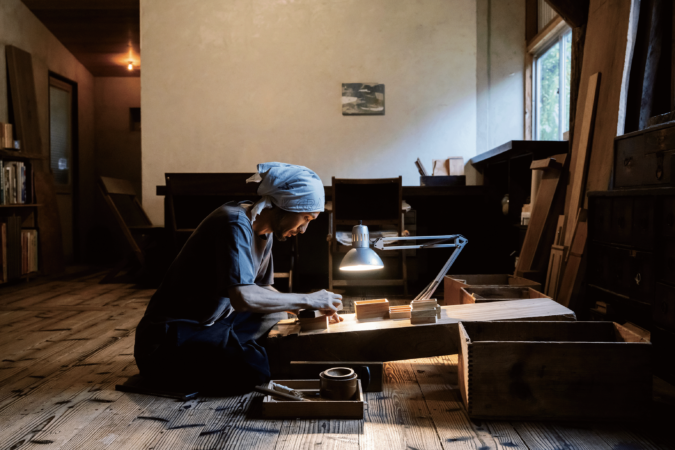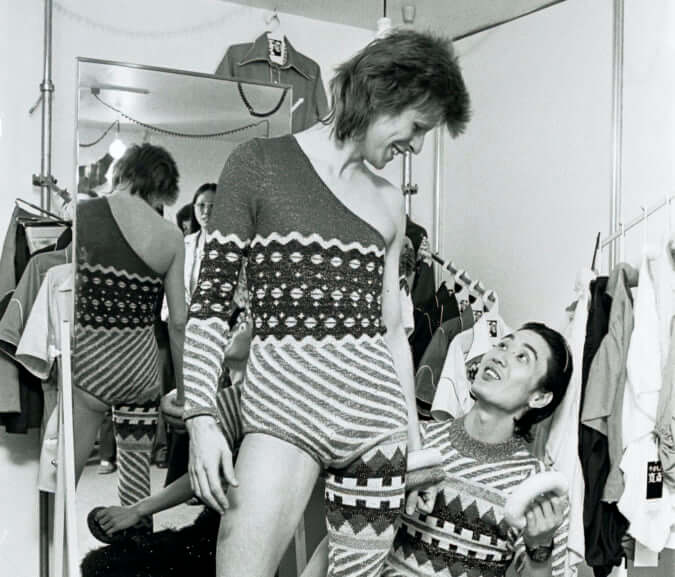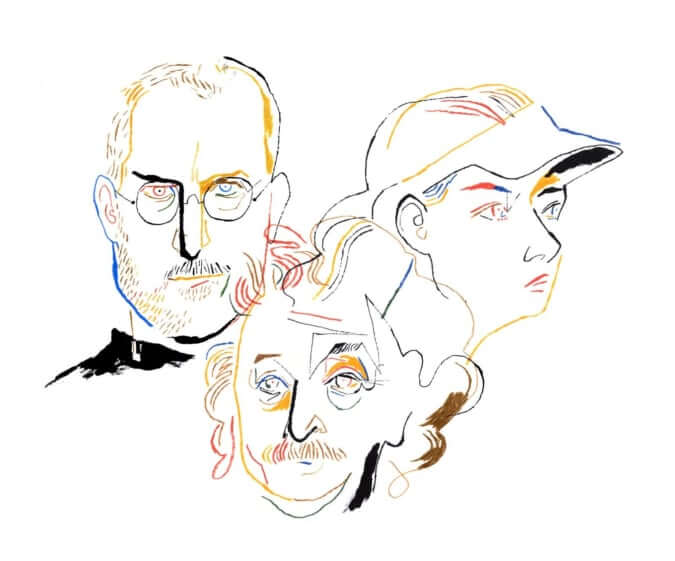Koé Donuts, a Donut Factory Designed by Architect Kengo Kuma
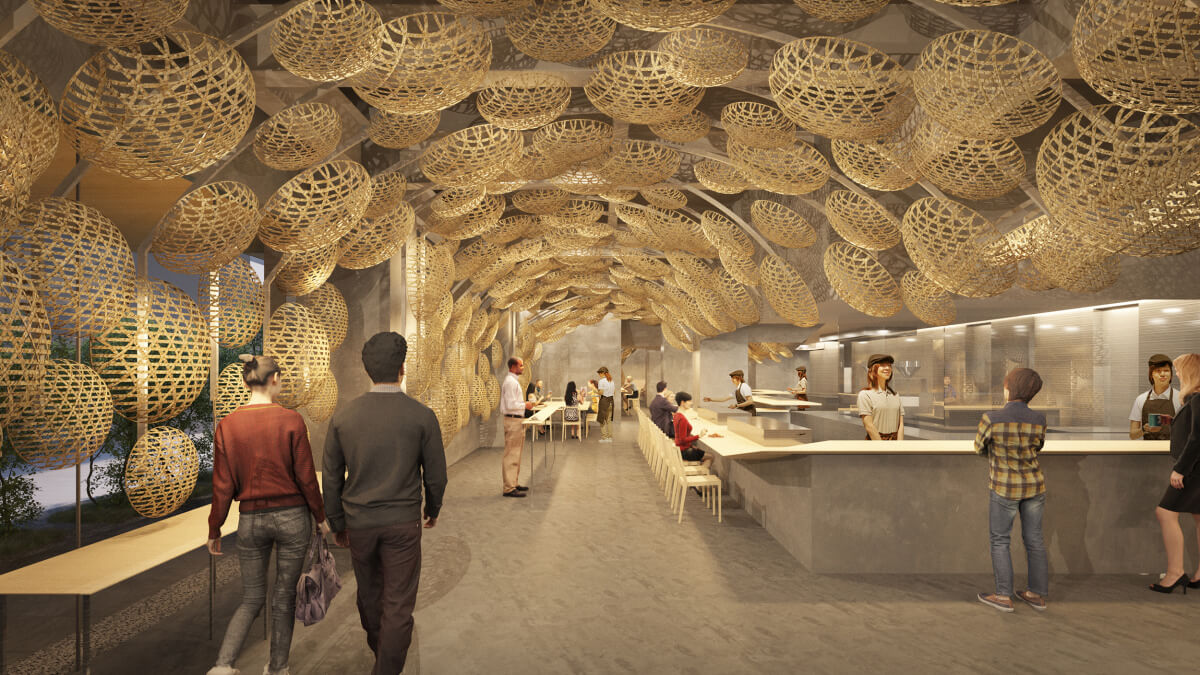
Loved by children and adults all around the world—the donut. And, for the many who love them while worrying about the high calories, good news at last!
At the end of March of this year, koé donuts, which opened in Kyoto, is a specialty shop for the enjoyment of high-quality Japanese-style donuts, made from carefully selected ingredients that benefit humans and the environment. Embodying the concept of ‘new basics for new culture’, this is a new twist by the lifestyle brand koé, which devotes considerable energy to developing ethical products.
Organic, natural, and local food—ingredients that meet these stringent criteria are made into donuts characterized by ‘crunchy, fluffy, delectable’. An interesting new taste sensation is ‘Donut Melt Strawberry’, filled with fruit in season that needs to be enjoyed with a knife and fork. The intriguing menu is full of items such as ‘French cruller’, ‘Old fashioned’, ‘Yaki-donuts’, as well as ‘Vegan donuts’ and ‘Delicatessen donuts’ that do not use animal products. Being a factory-plus-shop establishment, it offers the unique characteristic of being able to dine while watching the entire donut-making process through panes of glass.
The store was designed by architect Kengo Kuma. Based on the theme of ‘a bamboo basket space leading into the interior’, a gentle dome-shaped space was created using 572 baskets woven with traditional hexagonal plaiting, using bamboo sourced from Arashiyama in Kyoto.
You can enjoy the freshly made donuts within the bamboo basket dome, or bring them as a visually stunning gift when you call on friends. Without a doubt, when the Kyoto spring is in full bloom, this will be a topic on everyone’s lips.
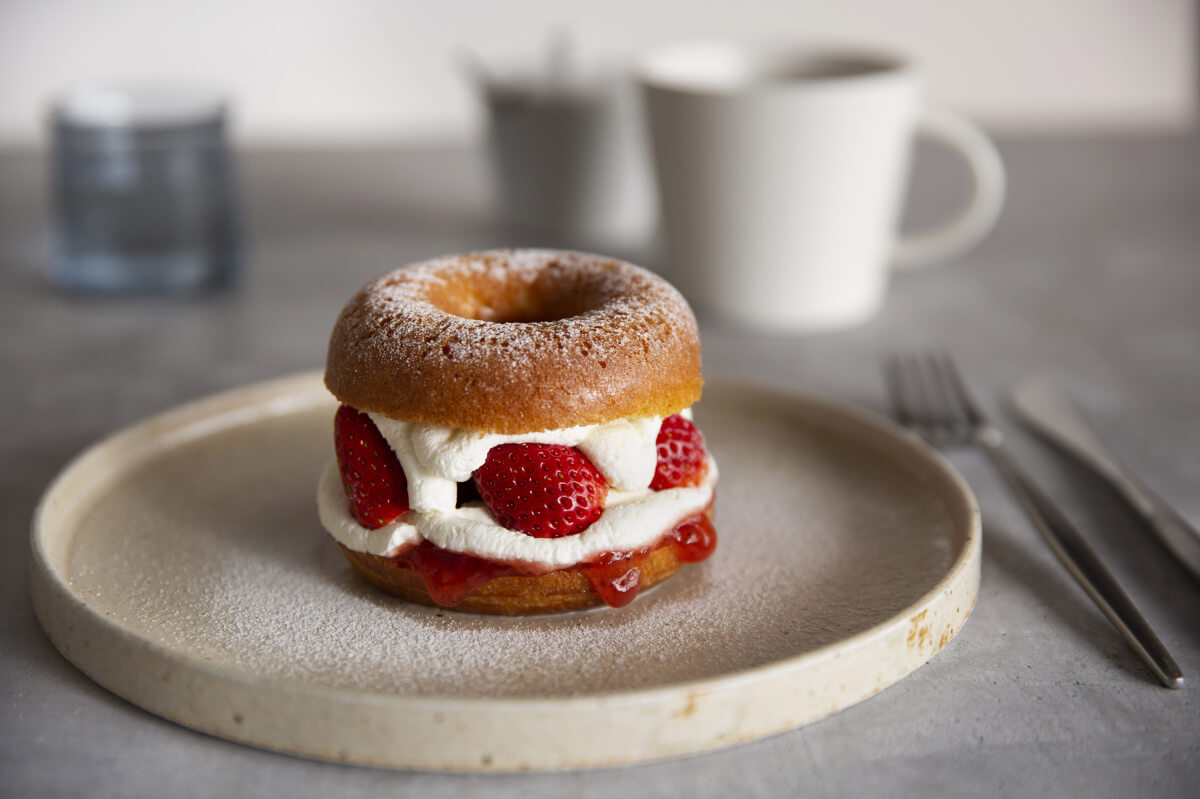
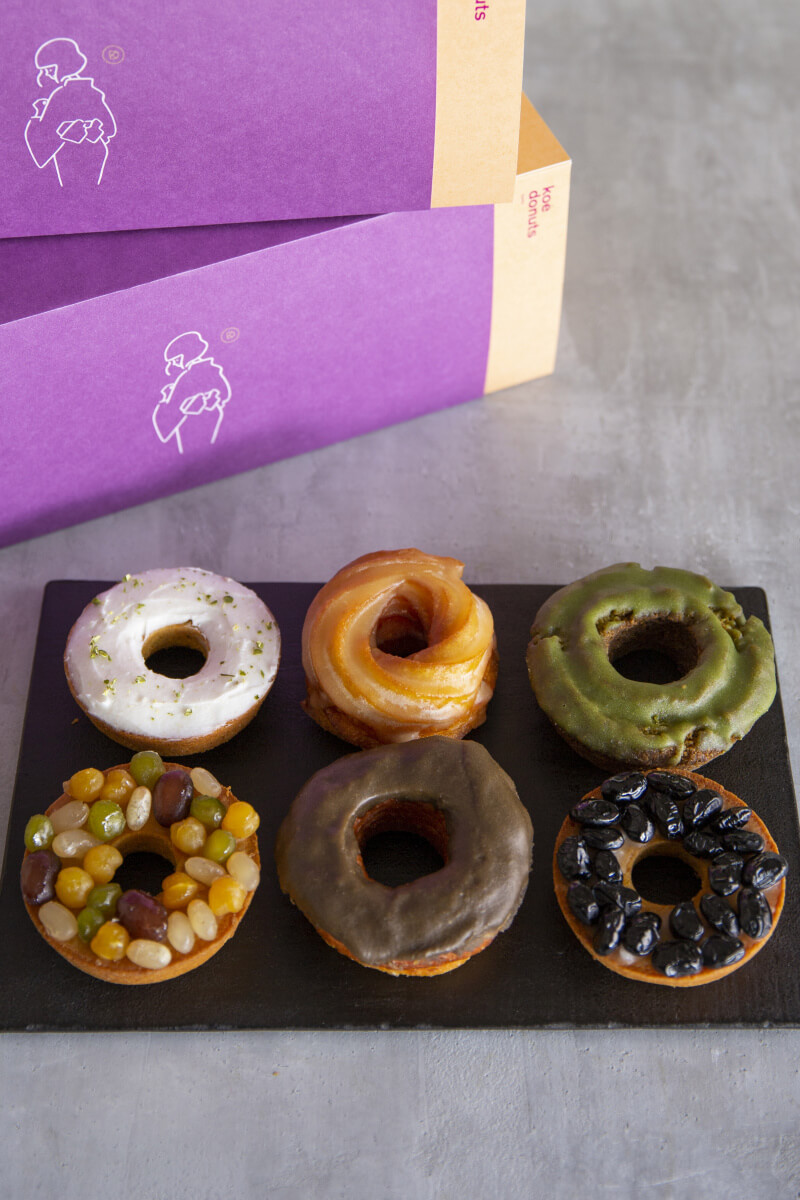
koé donuts, the donut factory
1F Kyoto Shochiku Sakaiza Bldg, 557 Nakano-cho, Shinkyogoku-dori Shijo-agaru, Nakagyoku, Kyoto
Hours: 8:00 a.m. to 8:00 p.m.
Closed irregularly
donuts.koe.comTRENDING
-
Hiroshi Nagai's Sun-Drenched Pop Paintings, an Ode to California
Through his colourful pieces, the painter transports viewers to the west coast of America as it was in the 1950s.

-
A Craft Practice Rooted in Okinawa’s Nature and Everyday Landscapes
Ai and Hiroyuki Tokeshi work with Okinawan wood, an exacting material, drawing on a local tradition of woodworking and lacquerware.

-
The Tattoos that Marked the Criminals of the Edo Period
Traditional tattoos were strong signifiers; murderers had head tattoos, while theft might result in an arm tattoo.

-
David Bowie Dressed by Kansai Yamamoto
The English singer was strongly influenced by 'kabuki' theatre and charged the Japanese designer with creating his costumes in the 1970s.

-
‘Seeing People My Age or Younger Succeed Makes Me Uneasy’
In ‘A Non-Conformist’s Guide to Surviving Society’, author Satoshi Ogawa shares his strategies for navigating everyday life.


